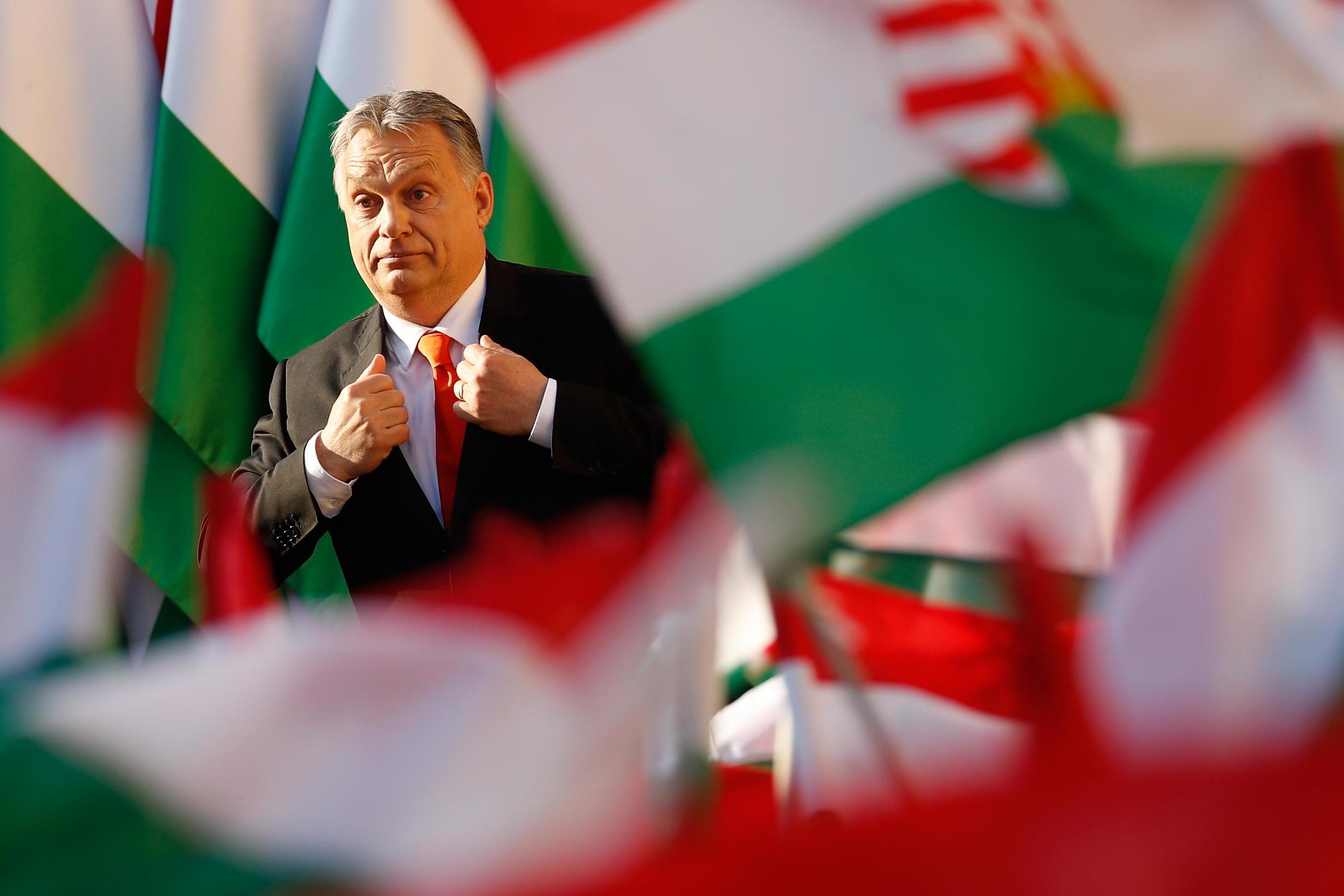‘Hungary before all else’: How the First World War is still being used to fuel Hungarian populism
History often forgets it was the Austro-Hungarian empire that struck the initial blow in the First World War, not Germany. A century after the split of the empire, those scars are still felt, writes Mick O’Hare

The innate belief, certainly in Britain, that world wars are fought solely against Germany is a persistent one. It’s a narrow sentiment that frequently seems to ignore the roles of, say, Japan, Bulgaria or Finland in the Second World War. Likewise, it rarely takes into account the part played by the Austro-Hungarian Empire in the First World War. The popular narrative presupposes that the latter ended with the unconditional surrender of Germany in November 1918 and – if pushed to read further into the history books – the signing of the Treaty of Versailles drawn up by the victorious Allies in 1919. Which is odd, because the conflict began with the assassination by Bosnian Serb nationalist Gavrilo Princip of Austrian Archduke Franz Ferdinand, heir to what was then central Europe’s greatest dynasty – the Habsburgs, rulers of the Austro-Hungarian empire. Germany had no particular reason to get involved.
But its opportunistic kaiser, Wilhelm II, took a gamble, effectively hitching his nation to the coattails of the empire’s beef with Serbia and condemning his continent – and others – to four long years of war. And although in the English-speaking world Germany is still considered, perhaps with justification, the principal antagonist, this disregards the role of Austria-Hungary. And that is a crucial oversight because in central Europe, that role is still having repercussions today.
The Treaty of Versailles attempted – and in the main failed – to piece together the disparate post-war political desires and ethnic imperatives of Europe’s numerous peoples and nations in a new political accord while simultaneously inflicting war reparations on the defeated. Hungary, however, was not a signatory.
Subscribe to Independent Premium to bookmark this article
Want to bookmark your favourite articles and stories to read or reference later? Start your Independent Premium subscription today.
Join our commenting forum
Join thought-provoking conversations, follow other Independent readers and see their replies